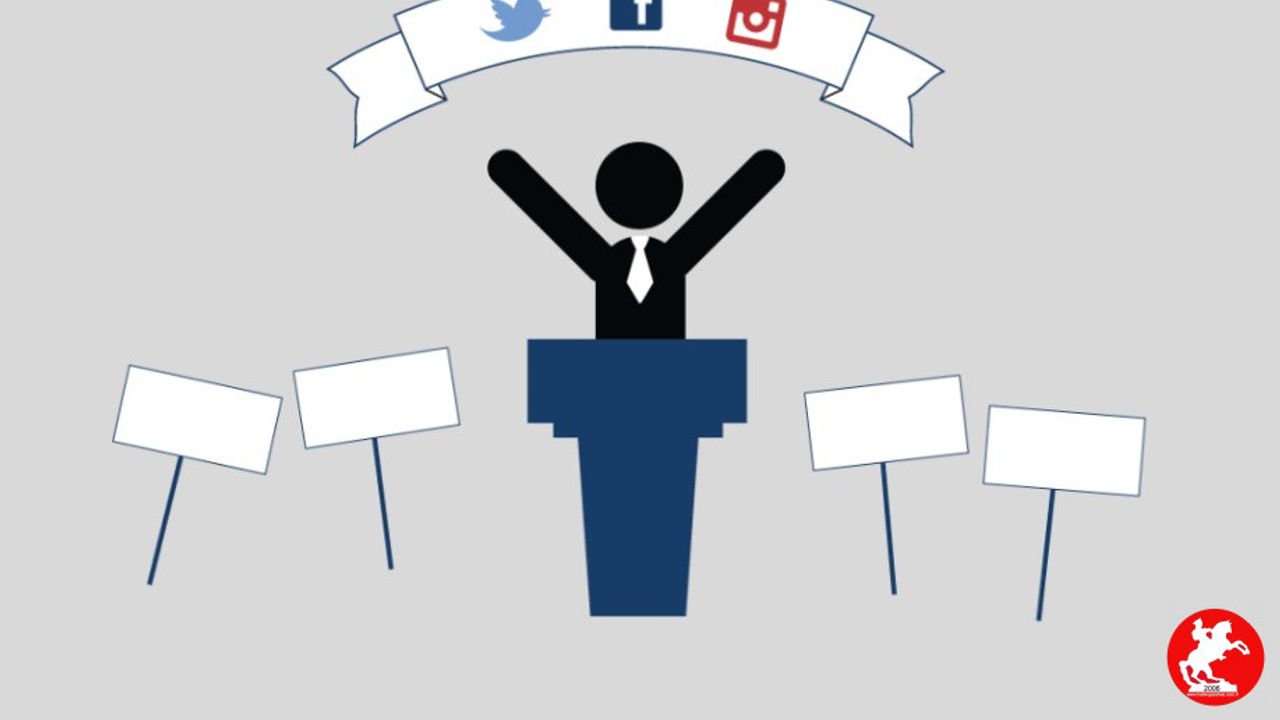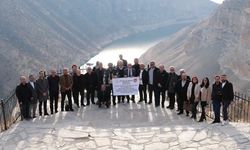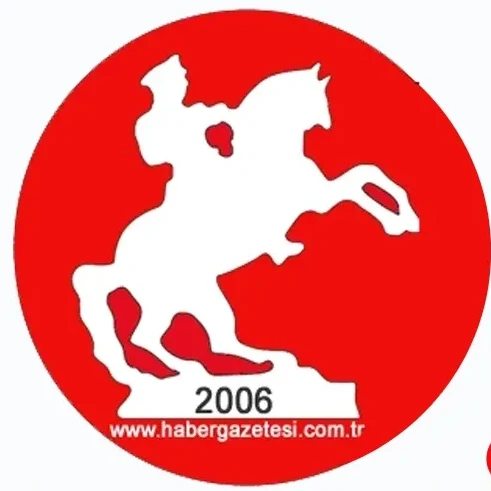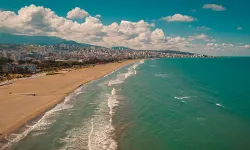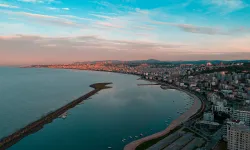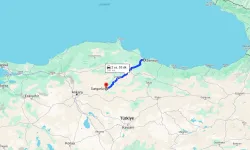The Role of Media in Shaping Public Opinion in Turkey
In today’s interconnected world, media plays a crucial role in informing the public and influencing how people perceive social, political, and economic issues. Nowhere is this influence more significant and complex than in Turkey, a country with a rich history of media development intertwined with a dynamic political landscape. The Turkish media environment, shaped by both traditional outlets and rapidly expanding digital platforms, serves as a powerful force in shaping public opinion. Media not only reflects societal values and conflicts but also actively shapes them, impacting public discourse, political engagement, and even electoral outcomes.
Turkey’s unique position at the crossroads of Europe and Asia, coupled with its diverse population and evolving democracy, makes the relationship between media and public opinion particularly intricate. Over the decades, the media landscape has undergone dramatic transformations—from state-controlled broadcasts to a proliferation of private channels and the rise of social media as a vital platform for information and expression. However, this landscape is also marked by challenges such as government influence, censorship, and the spread of misinformation, which complicate the media’s role as a neutral informer.
This article delves into the multifaceted role media plays in shaping public opinion in Turkey. It will examine how different types of media—print, broadcast, and digital—contribute to forming public perceptions and attitudes. By exploring historical developments, contemporary dynamics, and key examples from recent years, the article aims to provide a comprehensive understanding of the power and limitations of Turkish media in influencing society. In doing so, it highlights the ongoing tensions between freedom of expression, political interests, and the public’s right to information in a rapidly changing media ecosystem.
Historical Background of Media in Turkey
The media landscape in Turkey has a long and complex history that reflects the country’s political and social transformations. During the late Ottoman Empire, the first newspapers began to emerge in the 19th century, serving as tools for reformist ideas and public debate. These early publications laid the groundwork for a more modern press, though they operated under strict censorship laws imposed by the ruling authorities.
With the establishment of the Republic of Turkey in 1923, the media took on a new role as a vehicle for nation-building and modernization under Mustafa Kemal Atatürk’s leadership. State control over the press was strong, with the government using media outlets to promote its secular and nationalist agenda. Despite these constraints, the press became a critical platform for disseminating information and shaping public opinion.
The media environment began to diversify in the latter half of the 20th century, especially with the rise of private newspapers and broadcast stations in the 1980s and 1990s. However, this period also saw fluctuating levels of press freedom, influenced by military coups and shifting political powers. The internet revolution in the early 2000s introduced new opportunities and challenges, as digital platforms expanded access to information but also became arenas for political polarization.
Today, Turkish media is a mixture of state-owned, private, and digital outlets, each playing distinct roles in informing the public. While traditional media still holds significant sway, online platforms are increasingly influential, especially among younger generations. This evolution mirrors global trends but is deeply intertwined with Turkey’s unique political landscape, where media remains a key battleground for influence.
As an example of the growing importance of online presence and user access, many individuals in Turkey and neighboring regions often seek reliable platforms for various services, such as 1xbet malaysia login, demonstrating how digital channels connect people beyond just news consumption.
Media Landscape in Turkey Today
The media landscape in Turkey today is diverse but highly polarized, reflecting the country’s complex political and social dynamics. Traditional media such as television, newspapers, and radio continue to play a significant role in shaping public opinion. However, digital media and social platforms have rapidly gained prominence, especially among younger audiences who increasingly rely on the internet for news and information.
Television remains the dominant source of news for many Turks, with several major networks holding wide influence. Many of these outlets are either state-affiliated or owned by business groups with close ties to political powers, which often results in biased coverage favoring particular agendas. This concentration of media ownership has raised concerns about media pluralism and freedom of expression, as dissenting voices and independent journalism frequently face restrictions.
In recent years, the Turkish government has tightened its control over the media landscape through regulatory measures, censorship, and legal actions against journalists and media organizations. This has led to a shrinking space for critical and investigative reporting, prompting many independent outlets to shift their focus to digital platforms, where access and reach are less constrained.
Social media platforms such as Twitter, Instagram, and YouTube have become critical spaces for public discourse, activism, and alternative news. These channels allow users to bypass traditional gatekeepers, share diverse viewpoints, and engage directly with current events. However, they are also arenas for misinformation, propaganda, and government surveillance, complicating the digital information environment.
The rise of mobile technology further accelerates media consumption patterns. Many Turks access news and entertainment primarily through smartphones, making mobile applications essential for media distribution. This trend is evident across various sectors, including entertainment and online services. For instance, the popularity of platforms like the 1xbet malaysia app highlights how digital apps are becoming central to daily digital life, blending social interaction, information access, and online engagement seamlessly.
Overall, the current Turkish media landscape is characterized by a tension between government control and digital democratization, traditional media dominance and social media innovation, creating a dynamic yet challenging environment for shaping public opinion.
Mechanisms of Media Influence on Public Opinion
Media shapes public opinion through several key mechanisms that affect how information is presented, interpreted, and internalized by audiences. In Turkey, these mechanisms play out within a unique socio-political context, where media not only informs but also actively participates in the construction of social and political realities.
1. Agenda-Setting
One of the primary ways media influences public opinion is by determining which issues receive attention. Through agenda-setting, media outlets highlight specific topics, events, or perspectives, signaling to the public what is important. In Turkey, state-affiliated and private media often prioritize stories that align with their political or ideological leanings, influencing public discourse by shaping the issues that citizens focus on.
2. Framing
Beyond selecting topics, media also shapes opinion by framing how stories are told. Framing involves the choice of language, images, and context that define the narrative around an issue. For example, coverage of political protests in Turkey can be framed as either legitimate democratic expression or as threats to national stability, depending on the outlet. Such framing impacts how audiences perceive the legitimacy and importance of events.
3. Priming
Media influence also occurs through priming, where exposure to certain topics or frames makes related ideas more salient in the minds of the audience. This can affect public evaluations of political figures or policies. In Turkey’s media environment, repeated coverage of economic challenges or national security concerns primes citizens to prioritize these issues when forming opinions or voting.
4. Gatekeeping and Censorship
Control over what information is allowed to reach the public is a powerful mechanism. Gatekeeping by media owners or the government can limit access to dissenting views or controversial topics, shaping public knowledge and opinions. In Turkey, censorship and restrictions on journalists often result in selective reporting, which narrows the spectrum of perspectives available to the public.
5. Social Media Dynamics
With the rise of social media, influence mechanisms have become more interactive and decentralized. Platforms allow users to share, comment, and create content, which can amplify certain narratives or counter mainstream media frames. However, social media also facilitates the rapid spread of misinformation and polarization, further complicating how public opinion is formed.
